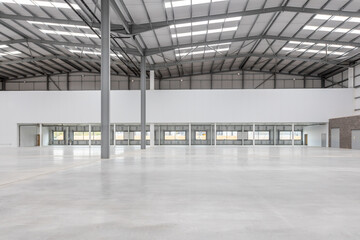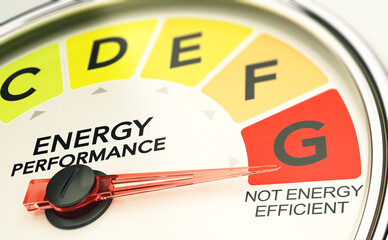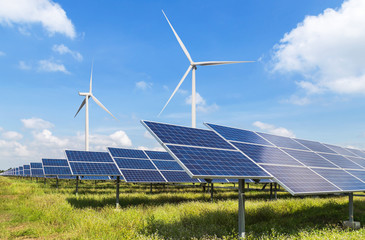As a commercial/industrial property owner, it is essential to stay informed about various regulations that may impact your investments. One such significant regulation is the Minimum Energy Efficiency Standards (MEES) regulation. In this article we will delve into what the MEES regulation is, how it affects your commercial/industrial property, and what steps you can take to comply with it.
What is MEES regulation?
The minimum Energy Efficiency Standards (MEES) regulation is a legal requirement that was introduced by the UK Government in 2018. Its primary objective is to improve the energy efficiency of commercial, industrial and domestic properties in England and Wales. MEES sets a minimum energy performance standard that properties must meet before they can be rented out or leased.

Understanding the objectives of MEES
The MEES regulation is part of the UK’s commitment to reducing carbon emissions and combating climate change. By ensuring that properties meet certain energy efficiency standards, the government aims to decrease greenhouse gas emissions and reduce energy consumption in the long run.
Understanding MEES compliance
To comply with MEES, industrial property owners must have a valid Energy Performance Certificate (EPC) and meet the Minimum Energy Efficiency Standard. The EPC rates a building’s energy efficiency from A (most efficient) to G (least efficient). The MEES sets a minimum rating of E or higher for most properties.

The importance of MEES for industrial properties
Embracing MEES offers several benefits for industrial property owners.
- It significantly contributes to environmental sustainability, helping combat climate change and reduce greenhouse gas emissions.
- Energy-efficient buildings often experience reduced utility costs, leading to long-term financial savings.

How MEES Affects Industrial Property Owners
To comply with MEES, owners must assess their property’s EPC rating. If the rating is below E, they need to identify and implement energy improvement measures to raise the efficiency level. This may include upgrading insulation, lighting, or HVAC systems.
Navigating the MEES Compliance Process
It is advisable for property owners to seek professional guidance to navigate the MEES compliance process effectively. Long-term energy planning can help them stay ahead of future regulations and maintain energy-efficient operations.


Embracing Energy Efficiency in Industrial Properties
To go beyond mere compliance, owners can explore various strategies for enhancing energy efficiency. This may involve incorporating renewable energy sources, optimizing HVAC systems, and improving insulation and lighting.
Investing in energy efficiency now can future-proof industrial properties and ensure alignment with upcoming environmental regulations.
Final thoughts
The MEES regulation is a critical step towards creating a more sustainable future for industrial properties in the UK. By complying with MEES and going beyond the minimum requirements, property owners can not only reduce their environmental impact but also enjoy financial benefits from energy savings. Taking a proactive approach to energy efficiency will contribute to a greener economy and a healthier planet.
If you are an industrial/commercial property owner and currently don’t meet the MEES regulations, don’t hesitate to contact us. We can provide our expert guidance and assistance to help you achieve MEES compliance and optimal energy efficiency.

